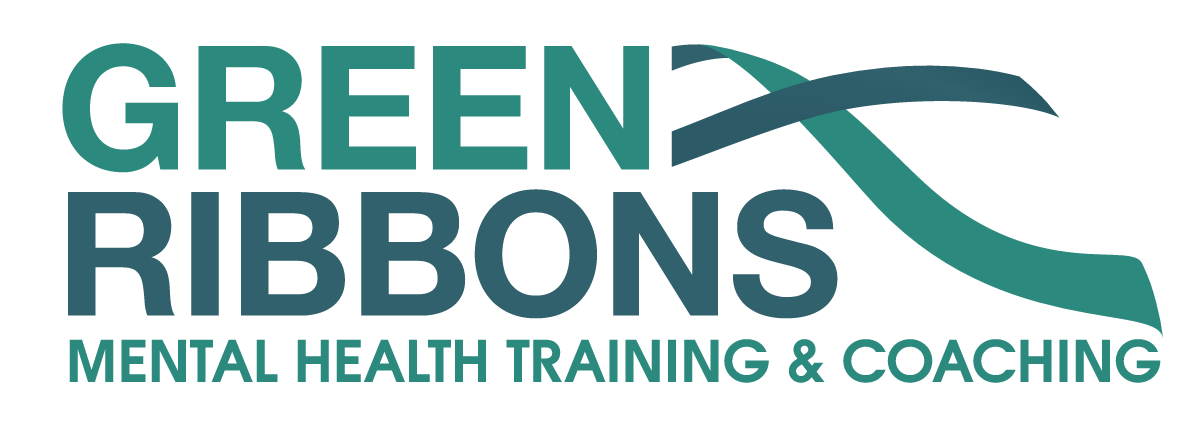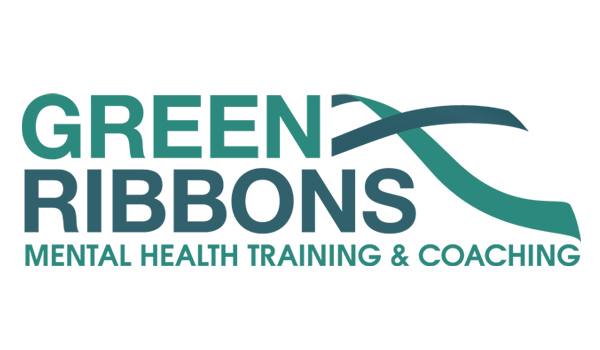Anxiety : Training Module

Welcome to the stand-alone Anxiety module designed to provide you with valuable insights and practical strategies to understand and manage anxiety effectively. Developed to build upon the esteemed Scotland’s Mental Health First Aid (SMHFA) program, this course is specifically tailored to address the challenges and nuances associated with anxiety, empowering you to help yourself and others in times of need.
Anxiety is a common and universal experience, but for some, it can become overwhelming and debilitating. In the fast-paced world we live in, it’s essential to be equipped with the right tools and knowledge to navigate these mental health challenges effectively. This course aims to bridge the gap between awareness and action, providing you with a comprehensive understanding of anxiety, its triggers, symptoms, and coping strategies.
By completing the Overcoming Anxiety course, you will become more aware of the complexities of anxiety, its diverse presentations, and the appropriate responses in various situations. Whether you’re seeking to support a loved one or enhance your own mental health, this course offers practical guidance for fostering a healthier, more balanced life.
Join us on this journey to better understand and conquer anxiety, and help create a world where mental health is treated with the same importance as physical health. Your participation in this course is a vital step toward building a more compassionate and informed society.
What’s on this page?
Course Basics
- 3 Hour Course
- Groups of 8-16
- Suitable for Businesses, Organisations & Groups
What is: Anxiety?
Anxiety is a normal and often healthy emotion characterised by feelings of worry, nervousness, or unease about a particular situation or uncertain outcome. However, when these feelings become excessive, persistent, or interfere with a person’s daily life, it may be classified as an anxiety disorder.
Anxiety disorders are a group of mental health conditions that involve excessive and prolonged feelings of fear, worry, or nervousness. These disorders can manifest in various forms, such as generalised anxiety disorder, panic disorder, social anxiety disorder, specific phobias, obsessive-compulsive disorder (OCD), and post-traumatic stress disorder (PTSD).
Symptoms of anxiety disorders may include: Persistent worry or fear that is disproportionate to the situation; Restlessness or feeling on edge; Fatigue; Difficulty concentrating or finding that your mind goes blank; Irritability: Muscle tension; Sleep disturbances, such as trouble falling or staying asleep, or restless, unsatisfying sleep; Rapid heartbeat or palpitations; Shortness of breath or hyperventilation
The causes of anxiety disorders are complex and can involve a combination of genetic, environmental, and psychological factors. Treatment for anxiety disorders often includes a combination of psychotherapy, medication, and lifestyle changes, such as stress management techniques and regular exercise. Early diagnosis and intervention can help improve the quality of life for individuals with anxiety disorders.
The Facts & Figures: About Anxiety
- In the 2019 Scottish Health Survey, approximately 17% of adults self-reported symptoms consistent with a possible anxiety disorder.
- The same survey found a gender difference, with 20.2% of women and 13.9% of men reporting anxiety symptoms.
- According to the Mental Health Foundation, anxiety is one of the most common mental health problems in Scotland, affecting about 1 in 9 adults.
- The 2018 Health Behaviours in School-aged Children (HBSC) study reported that around 15% of 15-year-olds in Scotland experienced feelings of nervousness, irritability, or worry at least once a week.
- The Scottish Health Survey in 2019 found that younger adults (16-24 years old) had the highest prevalence of possible anxiety disorders at 22.6%
- The same survey indicated that anxiety prevalence decreased with age, with those aged 65 and over reporting the lowest prevalence at 10.5%
The Problem: Common misconceptions about Anxiety
Negative & damaging attitudes towards Anxiety are common: There's something you can do for yourself, your friends, your family and your colleagues...
Anxiety: Why should you undertake this training?
By completing the Anxiety Module, you will become more aware of the complexities of anxiety, its diverse presentations, and the appropriate responses in various situations. Whether you’re seeking to support a loved one or enhance your own mental health, this course offers practical guidance for fostering a healthier, more balanced life, better understand and conquer anxiety, and contribute to a world where mental health is treated with the same importance as physical health.
The Good news: There is a training module which will enhance your understanding, and foster empathy and support for those experiencing mental health challenges
Three Hour Module: Anxiety
Our program covers a range of topics, from identifying anxiety types and triggers to exploring evidence-based coping strategies and building resilience. You will learn how to recognise early signs of anxiety in yourself and others, allowing for timely intervention and support. As you progress through the course, you’ll also develop the skills to assist friends, family members, or colleagues experiencing anxiety, creating a more empathetic environment for all. Embark on this transformative journey with the Anxiety Module and contribute to a world where mental well-being is a top priority.
What does the “Anxiety” Module Cover?
How does the "Anxiety" module work?
Duration
The module takes 3 Hours, providing a focussed and comprehensive learning experience.
Small Group Sizes
Classes, of 8-16, are kept small to facilitate personalised attention, encourage active participation, and foster a supportive learning environment.
Interactive Learning
The course features a mix of presentations, group discussions, case studies, videos, and role-playing exercises to ensure a practical, hands-on learning experience.
Confidentiality
Instructors maintain a safe and confidential space for participants to share their experiences and ask questions without judgment.
Ready to find out more? Contact Us Today
Why Train with Green Ribbons?
Unraveling the Threads of Mental Well-being
Green Ribbons is dedicated to delivering high-quality Mental Health First Aid training in Scotland, empowering individuals to recognise mental health challenges, provide support, and foster a culture of empathy and understanding. By tying together knowledge, empathy, and resilience our accessible mental health training promotes understanding, reduces stigma, and enables individuals, businesses and communities to prioritise mental well-being. Everyone benefits from Mental Health Awareness Training
Our Experience
- 30 Years working within the Mental Health sector
- Experience across a range of Third-Sector Organisations
Our Specialties
- Scotland’s Mental Health First Aid (SMHFA)
- Tailored SMHFA Training
- Individual Mental Health Awareness Modules
- One-to-one Training & Coaching
Our Approach
- Empathy & compassion
- Inclusive
- Evidence-based and up-to-date
Our Areas
- Moray
- Highland
- Aberdeenshire
- Aberdeen City
- …across Scotland
07726 780800
Call
Call us for an Informal chat about Scotland’s Mental Health First Aid and Mental Health Awareness Training
- We can discuss how SMHFA can benefit your organisation and explore options
info@greenribbons.co.uk
@GreenRibbonsHQ
Socials
- Facebook: @GreenRibbonsHQ
- Twitter: @GreenRibbonsHQ
- Instagram: @GreenRibbonsHQ







